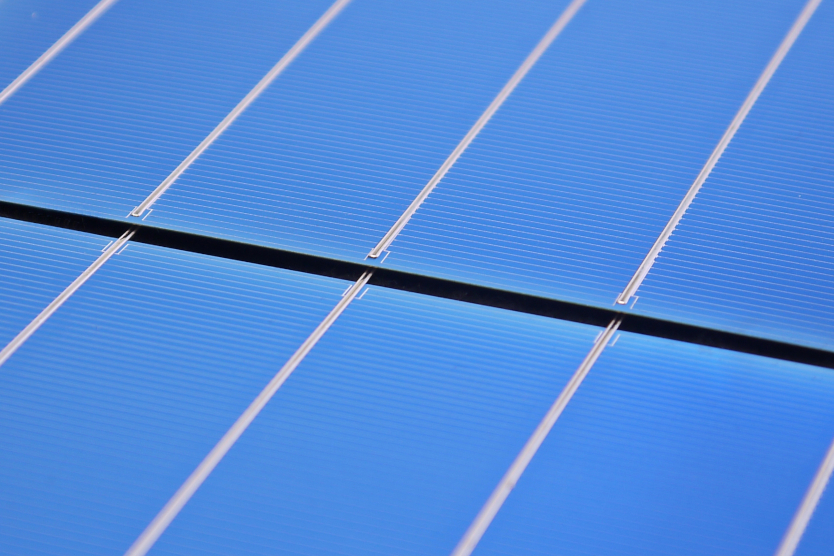
Based on 2020 figures, CarbonFreed estimates around half of all solar certificates are delayed due to manpower issues.
In April, the German national government pledged to triple the share of renewables in the country’s energy mix by 2030. To accelerate decarbonisation and energy independence, the Ministry of Economic Affairs and Climate Action increased its clean energy target from 65 percent to 80 percent within eight years, with 8.8 percent coming from solar power.
But there are barriers to achieving that solar target, including long delays in the complex, manual certification process for the installation of solar plants of 135 kw or more. One start-up from Schleswig-Holstein hopes to solve this problem using artificial intelligence (AI). CarbonFreed has received EUR 175,000 from the state of Schleswig-Holstein to develop a software called "gridcert", which, it says, can reduce the rubber-stamping phase to a matter of weeks.
Delays to solar plant developments boil down to a common factor – a lack of time and resources for installers, project planners and certification bodies. According to CarbonFreed, about 2,000 new solar systems with an output of more than 135 kw each are installed and certified every year – and in the future around 7,500 to 10,000 systems will need to be built every year. Based on 2020 figures, it estimates around half of all certificates are delayed due to manpower issues.
"The resources of the certification bodies must increase many times over in order to bring the high number of necessary plants online each year," explains founder Marko Ibsch in an interview in SolarServer. "The processing time of the certification bodies can be reduced to a few weeks thanks to our AI software.”
The project illustrates how vital digital tools are in helping countries to achieve their climate protection goals. "AI has great potential in the implementation of the energy transition," comments Dirk Schrödter, Digital Minister of Schleswig-Holstein.


